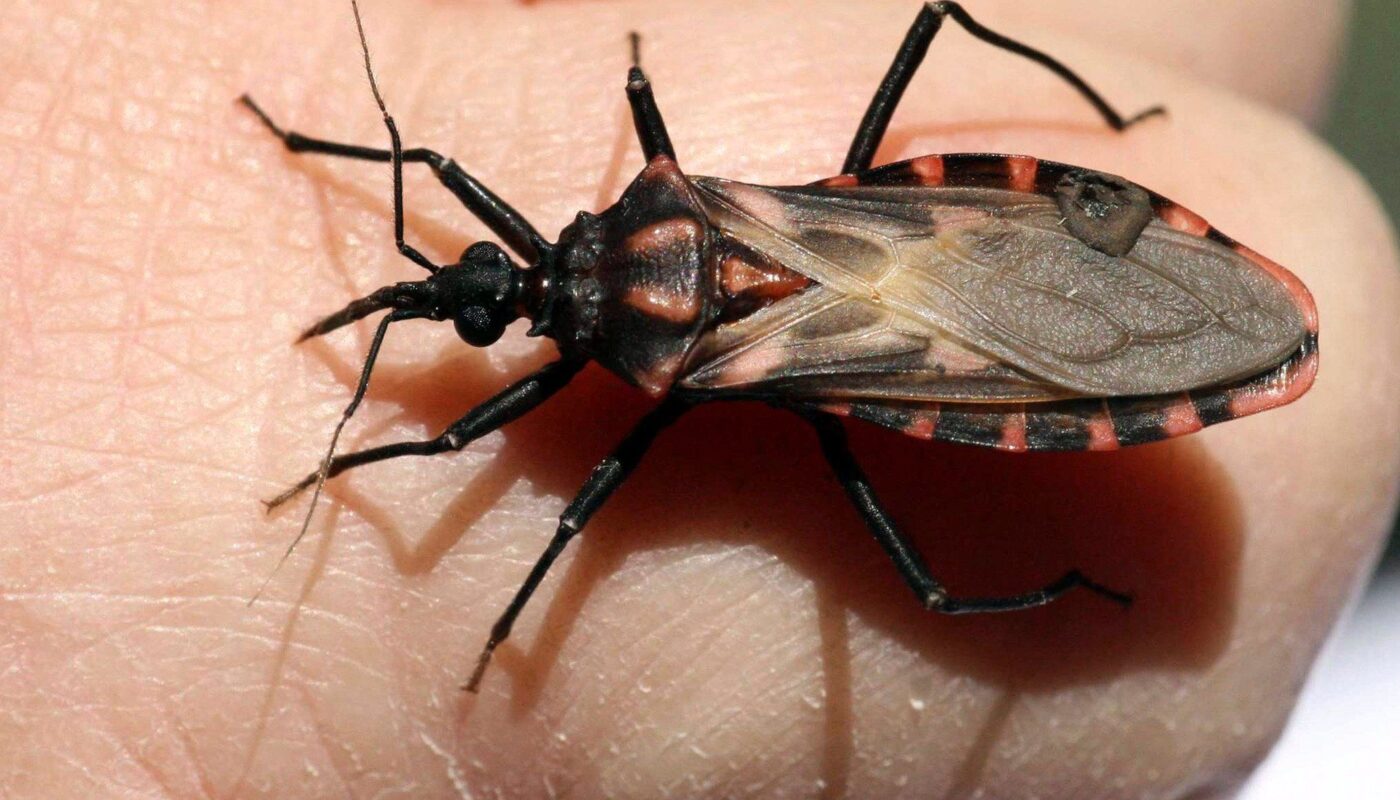Chagas disease, also known as American trypanosomiasis, is a tropical parasitic disease widespread in Latin America. It is caused by the protozoan Trypanosoma cruzi and transmitted primarily by reduviid bugs. Around 6-7 million people are estimated to be infected with Chagas disease worldwide. Although control programs have succeeded in reducing transmission from vector-borne routes in some countries, other transmission routes such as vector-borne, congenital, oral, blood transfusion, and organ transplantation continue to pose problems in disease endemic areas. In this article, we discuss the available treatment options and management strategies for Chagas disease.
Drug Treatment
Currently, two drugs are approved by the FDA for the treatment of Chagas disease – benznidazole and nifurtimox. These drugs are highly effective in treating the acute stage of disease when given at the correct dosage. However, their efficacy decreases substantially during the chronic stage.
Benznidazole:
Benznidazole is the first line treatment recommended by the World Health Organization (WHO) for Chagas disease. It comes as tablets that need to be taken orally, usually for 60 days. Common side effects include rash, headaches, and gastrointestinal disturbances. It is generally well tolerated in children and adults. However, it needs close medical supervision due to the risk of serious side effects such as allergic reactions and peripheral neuropathy.
Nifurtimox:
Nifurtimox is used as an alternative treatment if benznidazole cannot be administered or tolerated. It also comes as oral tablets but requires longer treatment duration of 90-120 days. Similar to benznidazole, it is highly effective in acute Chagas but the efficacy reduces during chronic infection. Adverse effects include anorexia, weight loss, abdominal pain, and neurological symptoms. It is relatively more toxic than benznidazole and needs close medical monitoring.
Both benznidazole and nifurtimox have limited effectiveness during chronic Chagas disease with cure rates reported between 40-70%. The optimal treatment duration and dosage also remain controversial despite clinical trials. Their use also requires consideration of factors like cost-effectiveness, safety, drug resistance, and pharmacokinetics in different stages of disease and populations.
Surgery for Chagas Disease Complications
While drug therapy forms the mainstay of Chagas Disease Treatment in all stages, surgery provides relief for complications arising during chronic Chagas infection.
Cardiac surgery: Chagas heart disease or Chagas cardiomyopathy is one of the most serious forms of chronic Chagas infection affecting nearly one-third of infected individuals. Surgical interventions like pacemaker implantation helps in treating heart block and arrhythmias. Other corrective surgeries include valvuloplasty for valveproblems and heart transplantation.
Gastrointestinal surgery: Megasyndromes involving the esophagus and colon require surgical management. Dilation and myotomy help improve swallowing difficulties in esophageal achalasia and diverticulectomy offers relief in cases of megaesophagus or megacolon.
Other complications: Rarely, Chagas infection can involve other organ systems requiring surgery. These include drainage of enlarged spleen, treatment of renal failure by dialysis or kidney transplant. Neurosurgical interventions may be needed in cases of meningoencephalitis or stroke from Chagas.
Adjuvant Treatment
Combination therapy with benznidazole or nifurtimox along with other drugs is being explored as an adjuvant treatment strategy to improve cure rates in chronic Chagas disease.
– Antiarrhythmics: Drugs like amiodarone are used as an adjuvant to suppress arrhythmias during antiparasitic treatment.
– Immunotherapy: Vaccines are being developed based on T. cruzi antigens or adjuvants to boost the immune response during trypanocidal therapy.
– Stem cell transplant: Experimental studies report higher cure rates with benznidazole when combined with immunosuppressive therapy followed by stem cell transplantation.
– Anti-inflammatories: Drugs targeting inflammation caused by persistent T. cruzi infection show potential to improve treatment response.
– Alternative medicines: Herbal extracts from plants traditionally used against Chagas are investigated for antiparasitic properties.
Proper treatment at all disease stages alongside vector control is key to controlling Chagas disease on a public health level. Early diagnosis and management improves clinical outcomes while reducing complications. Further clinical research is still needed for safer, shorter and more effective treatment regimens, especially for chronic Chagas disease.
*Note:
1. Source: Coherent Market Insights, Public sources, Desk research
2. We have leveraged AI tools to mine information and compile it



